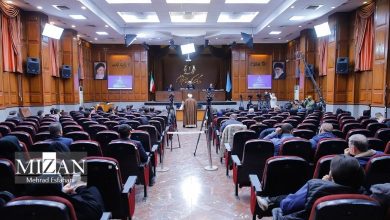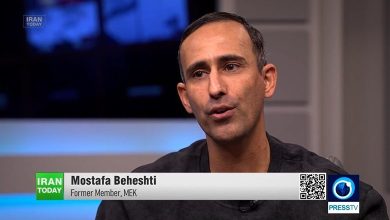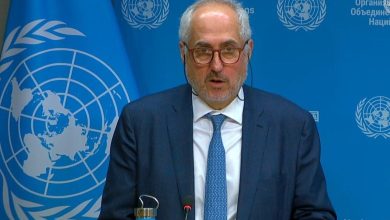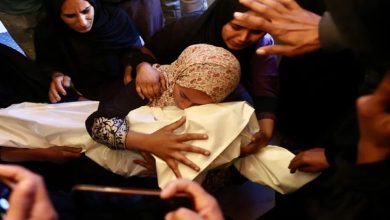Association for Defending Victims of Terrorism – Confidential documents obtained by NPR provide new details about one of the most celebrated U.S. military operations in recent history — and reveal flaws in the Pentagon’s claim that deadly airstrikes did not hit civilians.
In 2019, U.S. special operations forces raided the Syrian hideout of ISIS founder Abu Bakr al-Baghdadi, leading him to blow himself up. Then-President Donald Trump called the raid “impeccable,” and military officials said troops protected noncombatants.
The U.S. Defense Department dismissed the accounts reported by NPR of U.S. helicopter fire killing and maiming Syrian civilians during the raid. The Pentagon said those men were enemy combatants who ignored warning shots.
NPR sued the Pentagon under the Freedom of Information Act to release documentation of the airstrikes, and it obtained a redacted copy of the Defense Department’s confidential 2020 report on the incident. The report was originally classified as secret with no foreign distribution. NPR’s review of the documents, including aerial imagery from the operation, finds:
U.S. troops fired warning shots mere seconds before launching airstrikes on the Syrian men’s van. This undermines the military’s assertion that the men demonstrated hostility by failing to stop or change course.
The Pentagon provided no evidence that the victims were enemy combatants beyond the split-second assessment by U.S. troops on the dark night of the raid.
U.S. officials did not compile an intelligence dossier, as recommended in the report, to support the claim that the victims were “unlawful enemy belligerents.”
The Pentagon questioned the veracity of accounts given to NPR by the airstrike survivor and families of the victims, but it did not contact the survivor or conduct a full formal investigation.
Days after the Oct. 26, 2019, raid, the commander of the operation, Gen. Kenneth McKenzie, said that militants unaffiliated with ISIS, the group known as the Islamic State, had headed to the scene and that the van “displayed hostile intent, came toward us, and it was destroyed.”
But the lone survivor of the airstrikes, Barakat Ahmad Barakat, now 39, told NPR that he and two friends were working as agricultural laborers at an olive press and that the friends were driving him home in their van. The shortest route to his village, Hatan, took them through the village of Barisha.
Barakat says they were not aware that Baghdadi was hiding in a home a few hundred yards up the road or that U.S. troops were present. He says they were startled to come under U.S. airstrikes, fled the van and were targeted again.
“There was nothing suspicious at all. We kept moving normally. There was nothing ahead of us on the road,” Barakat said. “Suddenly I felt something hit us.”
Barakat’s two friends, Khaled Mustafa Qurmo, 27, and Khaled Abdel Majid Qurmo, 30, were killed in the airstrikes. Barakat’s right hand was blown off and his left hand was badly injured.
“They want the van to stop. But what do they use? They use lethal force … so you get this escalation based on misunderstandings,” says Lewis, a former Pentagon and State Department advisor who led several studies for the Defense Department on civilian casualties in military operations.
The Zomia Center has receipts showing Barakat was transporting olives to an olive press in the days before the airstrikes. The group says it asked the Defense Department last year to review the case again, but it got no response. After NPR inquired about the request last month, the Defense Department told the center it was looking into the matter, says Joanna Naples-Mitchell, director of the center’s redress program.
“The military owes [Barakat] a lot more,” she says. “They owe him a real explanation for what happened to him because the military has not even taken basic steps to check their own assumptions from that night.”





